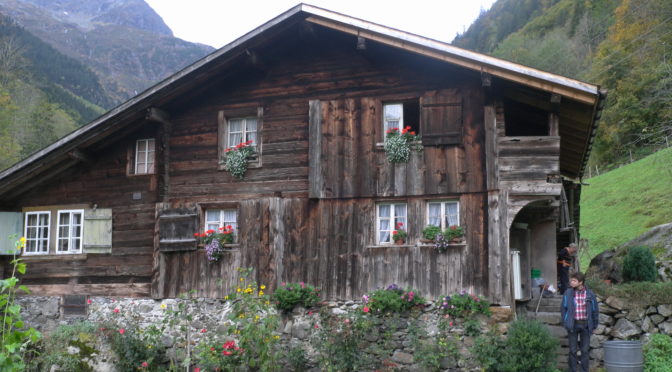Call for papers for PhD students
PhD Students Workshop organized by EHESS and CEFRES will be held on the theme:
Household, Kinship, Intimacy: The Reconfiguration of Living Together
Date: May 3rd, 2022 (9:30-17:00)
Deadline for submission: April 1st, 2022
Location: online and at CEFRES, Na Florenci 3 (Prague)
Language: English
The household (or home) is the institution par excellence in western societies, where live alone or together singles, heterosexual or homosexual couples, with or without one or more children, not forgetting neither flatmates, friends or relatives co-housing or homes of elderly. While the Western contemporary imaginary of household is linked to the idea of nuclear family, a shift in both the representations of home and sociological realities of what home/household looks like occurred. These social micro-entities are clearly concrete places that are subject to significant investment by their members; they are both economic units and shared intimacy spaces. Based on these two fundamental characteristics of the home, we propose to link the issue of the relationship between individuals with those relating to the family (relationships with children, relationships with parents outside the nuclear family), the economy (income and expenditure of domestic entities, production, consumption) and intimacy (a notion that covers a wide range of practices, emotions and affects, attitudes, from sexuality to the sharing of spaces, caring for bodies).
For this workshop, we have several questions in mind:
The first is about sexuality. The idea is to explore how sexuality involves a potential extra- and intra- domestic component that might permanently threaten (or not) the existence of the home.
The second deals with the single-parent issue. What changes and effects does the normalization of single-parent families entail? Does it affect the daily management of the household unit to the previously normalized arbitration between two relatives of the same rank (or of a similar rank)? Is it weakening the household as an institution, or on the contrary, strengthening it? Does it increase dependence on non-household members (close relatives, friends, social services) or not? Furthermore, what meaning can we assign to this increased dependence, depending on the context?
A third question concerns social phenomena unrelated to mid- or long-term social transformations but disruptive events or unexpected crises. For example, we will consider the impacts of migratory experiences splitting up the “being together” and the “being there”, within the same house, on the status of the house and the ways of inhabiting it? Moreover, what does it mean to live together in times of crisis, such as a pandemic, which forces people to stay at home for a longer or shorter period and blur the boundaries between domestic and working space, intimate and external space? The last question invites us to investigate the coexistence between humans and non-humans at home, a question not yet new, but which might be further complicated today by artifacts acting in the place of or on and with humans?
We shall also consider the limits of the house, by taking into our scope of reflection various types of collective ways of cohabitation, such as shared flats, homes for the old-aged, boarding schools, military quarters, hospital and prisons. The flows of information, the staging of the self, and the places where we live through Internet also question the house’s limits. It finally refers to the blurred boundaries between the home and the outside environment, notably due to containments during the pandemic for example – where the domestic space becomes a space of education, of work – or by other forms of pervasion of the home – for example, in the context of home care.
We invite all Ph.D. students in humanities and social sciences affiliated to CEFRES, EHESS or a Czech University to apply. In a single PDF file, it will include a CV (maximum two pages) and a brief description of the planned intervention (approximately 1.500 characters, including spaces.
The workshop will be organized around the presentations of young researchers and their discussions by supervisors and other participants. Please send your application by April 1st, 2022 to the following addresses: emmanuel.desveaux@ehess.fr, jerome.heurtaux@cefres.cz and falk.bretschneider@ehess.fr
Coordinators: Emmanuel Desveaux (EHESS), Falk Bretschneider (coordinator of the EHESS-CEFRES cooperation), Jérôme Heurtaux (CEFRES), Petr Gibas (CAS)
Supervisors: Valeria Siniscalchi (EHESS, centre Norbert Elias, Marseille), Chloé Mondémé (CNRS), Michèle Baussant (CEFRES), Claire Madl (CEFRES)
More information:
emmanuel.desveaux@ehess.fr
jerome.heurtaux@cefres.cz
falk.bretschneider@ehess.fr

